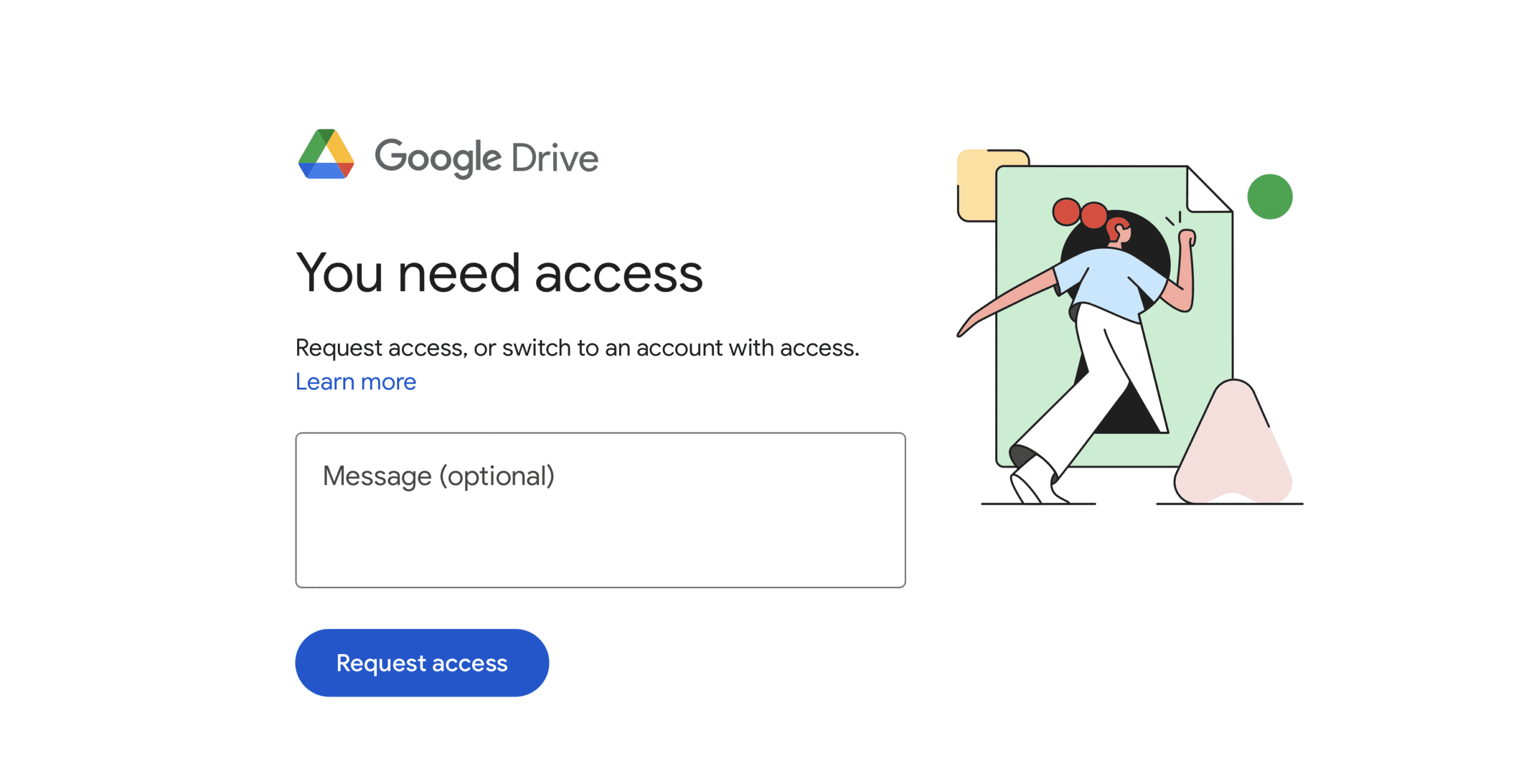There are more ways than ever to market a business, but there’s no point getting carried away until the basics are in place.
Here are some of the fundamentals to look into, before you get too carried away.
1 – Modern logo
Your logo and branding will form the basis of almost all your marketing. If your brand image isn’t up to scratch, this will let down any online and printed materials, potentially giving any new customers a bad impression of your business from the outset.
Modern businesses are moving more and more towards a flat, minimal, professional style. The exact look that you go for should be appropriate for your target market and industry, but in many cases a logo that looks a few years out of date will imply a lack of professionalism. Even a few tweaks to your existing logo, making it a bit bolder and clearer, can have a drastic effect on the impact it has. Our branding services for small business are here to present your business in it’s best possible light.
2 – Consistency offline and online
It’s not too difficult to make sure your logo is up to spec. The next step is making sure that the up to date version of your logo is in all the right places. This can be a fiddly job, making sure that Facebook and twitter utilise the right version of your logo and colour scheme, as well as your website, hundreds of online business directories, business cards, uniforms, printed materials, signage and anything else.
Leaving an older, or out of sync version of your logo to co-exist is not only confusing, it looks unprofessional. Customers, new or old, may be unsure as to whether a web page, or employee is actually a part of your business. So it’s vital to make sure that not only your logo and branding are same everywhere online, but also the message and information about your business.
3 – Website
If your logo and branding are up to speed, then this will be obvious in the design of your website. But on top of the stylistic consistency, there are a few other essential features that your website should have. Of course, we’re taking for granted that every business should have a website.
It’s now become essential that your website is responsive, which means it will adapt the layout for different sized screens. As the majority of internet traffic is now from mobile devices, it is expected by internet users that your website will be easy to read and navigate on mobile phones and tablets. Check our website design for small business page for more info.
4 – SEO
Search engine optimisation covers the wide range of activities that will help increase the visibility of your website in search engine results pages. Getting your website in front of people who are actively searching for what you sell is obviously a strong strategy. However, as most businesses now acknowledge the huge value of this approach to marketing, it has become more challenging to get seen.
If you aren’t doing at least some work to update and optimise your web presence, it’s going to be tricky to get found at all. Whether you are a local business, or operate on a national level, SEO should not be neglected, even if it’s not your main marketing strategy at the moment. Small business SEO services help your business get more sales from Google, our ongoing management service are here to make it easier for your business to do great digital marketing.
5 – Review monitoring
92% of consumers read online reviews for local businesses. People may not believe everything they read on the internet, but a lot of people are looking for something to read. A lack of reviews, or especially negative reviews, can have a serious impact on how many people buy from your business. There are now a ton of review sites out there, from Facebook and Google Maps to Yelp, Yell and Free Index. Getting in there quickly to respond to an unhappy customer, be it with a few kind words, or an offer to resolve the issue can make a lot of difference. To make it easier to keep on track of all the places this can happen we even offer a review monitoring service.
6 – Social posting
By this stage, you should have the foundations in place to start engaging more with both new and existing customers. Starting to post properly on social media can have wide reaching benefits. Being more active increases the chances of your posts being seen as Facebook’s algorithms hide rarely active posters from most people’s feeds. It’s a great way to remind customers what you offer, show that your business is still active and make your business a bit more personal. On top of this, social signals influence SEO performance, so it may help your website too.
7 – Social curated content
To avoid having to post exclusively about yourself all the time, a great way to boost engagement is to curate content. This is simply sharing interesting and useful things that you find online via your own social media channels. It can give your customers useful insights into your industry and reaffirm that you know what you’re talking about. We’re not suggesting you post every cute cat video you come across, but keeping an eye out for stories, advice or new ideas is a great way to keep people engaged with your business online.
8 – Adwords
Google’s main pay per click advert platform is called Adwords. It’s how you can get your business listed at the top of the page of search results. While it can be more costly in the long run when compared to SEO, it is much faster at bringing in new leads. If you have a product, service or special offer that you are looking to promote, then this can be a good way to raise the profile of something more specific and is normally still more cost effective than printing and delivering a ton of flyers or putting up a billboard. Our PPC management services can help you get instant sales leads with the power of pay per click advertising.
9 – Facebook advertising
Despite being the largest social network on the planet, Facebook is geared towards making it incredibly easy for small businesses to set up their own ad campaigns… and it works. With no more difficulty than placing an order on Amazon, you can get your own ad campaign off the ground. Getting results from a campaign isn’t always as easy though. Throwing a huge budget at it will eventually get you somewhere, but it’s best to refine and optimise on an ongoing basis so that you can work towards a more profitable customer acquisition strategy.
10 – Content strategy
If you are already doing all of the above, well done! It may sound straightforward, but keeping on top of all these areas while running a business is always hard work. However, if you do have all these basics running smoothly, then you may think your work is done. However, in our opinion, marketing is never finished! There is always more you can do to get new customers and take your business to the next level.
The larger undertaking after the fundamentals outlined here would be to create and implement a full content strategy. From creating blog posts, videos and info-graphics, to full eBooks, apps documentaries, content marketing is limitless. In fact, content marketing draws strongly on all the things mentioned here, helping get engagement on social media, boosting performance in rankings and reinforcing your brand identity online and offline.






